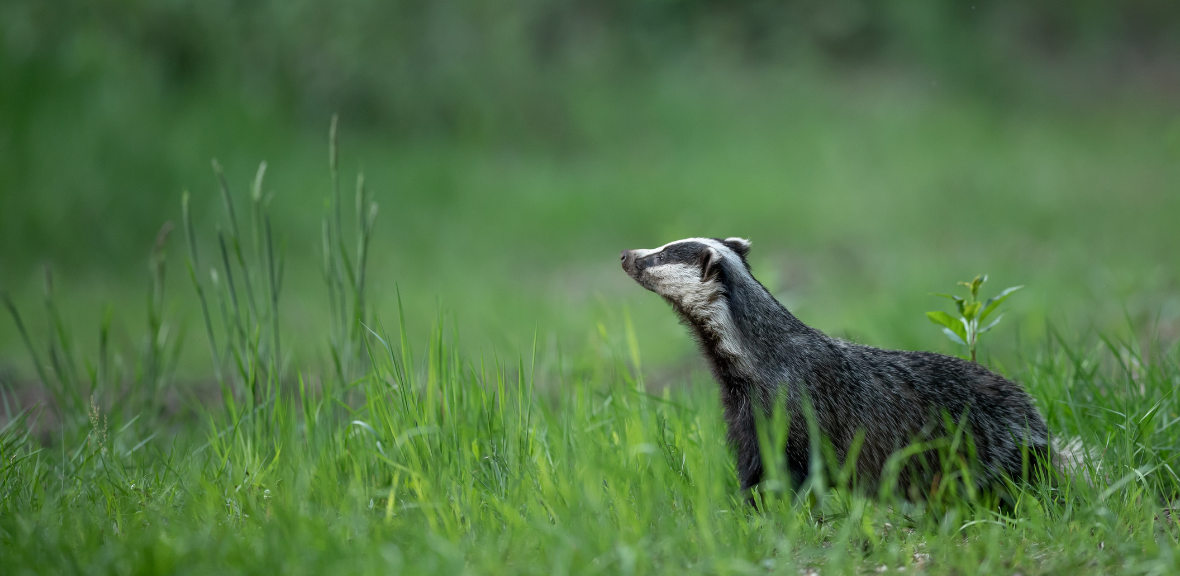
Natural capital is the world’s stock of natural assets, which includes air, water and biodiversity.
From this stock of natural assets, human society derives a range of benefits. The benefits that we receive from nature are called ecosystem services.
Biodiversity, the diversity of all living things, is a fundamental component of natural capital that underpins or influences almost every product or service we value, as well as having value in and of itself. Although the term natural capital has been an important way to make nature visible in a language that resonates with economic decision makers and businesses, current methods to assess natural capital do not fully capture the complex relations between genes, species and ecosystems that underpin biological diversity, and why biodiversity matters for the future of people and the planet.
Furthermore, there are elements of the value of biodiversity which are not measurable in the natural capital framework. Intrinsic values are typically outside human-centric approaches and relate more to ethical choices about the rights of other species to exist. Here it is the ‘stock’ that is the object of concern, rather than any flows of benefits that might be seen to emerge from the existence of these species or habitats (Vira and Adams, 2009*).
The CRI has been involved in a number of projects looking at issues surrounding biodiversity in natural capital approaches:
-
Biodiversity and Natural Capital (CCI page)
-
Biodiversity and Natural Capital (Natural Capital Coalition page)
-
Bringing Biodiversity into The Heart of Natural Capital Approaches
-
Governance and Accounting for the Management of Ecological Systems (GAMES)
*Vira, B., & Adams, W. M. (2009). Ecosystem services and conservation strategy: beware the silver bullet. Conservation Letters, 2(4), 158-162.
